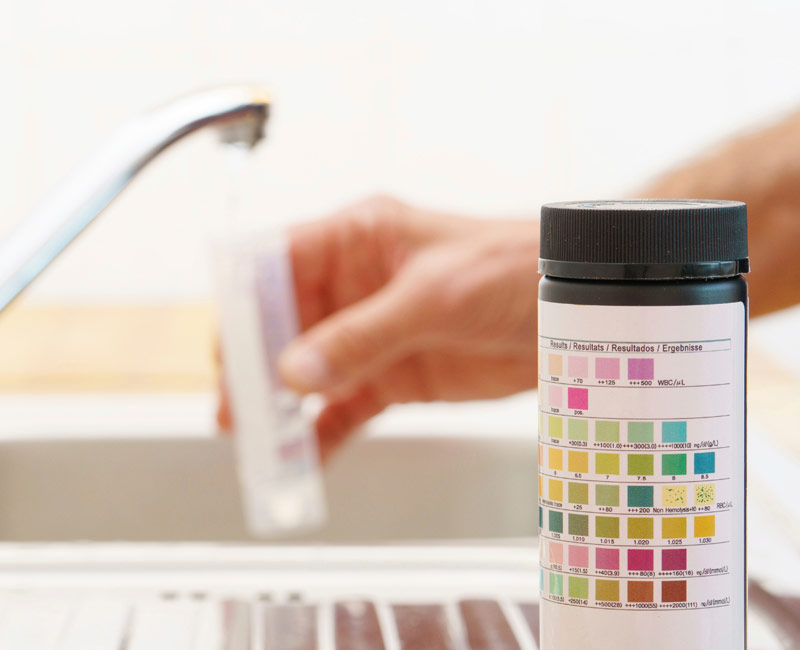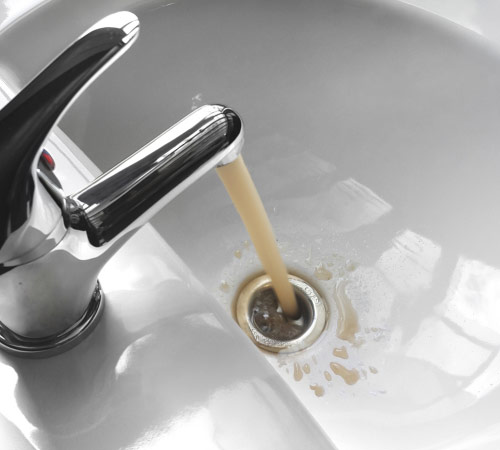- +1-888-622-3092 | +1-647-212-4552
- info@kentwater.ca
- Get FREE Consultation
 Proud to be Canadian
Proud to be Canadian
 Proud to be Canadian
Proud to be CanadianRegular water testing is essential to ensure the safety and quality of the water you use daily. Contaminants such as lead, bacteria, and pesticides can pose serious health risks. Additionally, issues like hard water can lead to plumbing problems and damage household appliances. By identifying these contaminants early, you can take the necessary steps to protect your health and home.

Understanding the key parameters like pH levels, hardness, chlorine, bacteria, iron, and sulfur helps pinpoint potential issues affecting your water quality.

Learn about prevalent contaminants such as lead, arsenic, bacteria, and pesticides, their sources, and the risks they pose to your health and water quality.

Discover our step-by-step process for testing your water quality, ensuring thorough analysis and prompt results to guide effective solutions.
Step 1: Fill up the form to schedule your Free Water Test
Begin by filling out our online form to schedule a free water test at your convenience. Provide your contact details and preferred appointment time.
Step 2: Home visit by our water expert
At the appointed time, one of our knowledgeable water experts will visit your home. They will bring all necessary testing equipment and materials to conduct a thorough analysis of your water quality.
Step 3: On-site water testing
Step 4: Recommendation for water treatment system
Step 5: Choose your Solution
Step 6: Enjoy clean, safe water
Rest easy knowing that your water quality concerns have been addressed with effective solutions recommended by our experienced water experts. Enjoy the benefits of clean, safe water for you and your family.
Well water presents unique challenges due to its direct exposure to environmental factors and lack of centralized treatment. Understanding and addressing these challenges through regular testing is crucial for ensuring safe and clean drinking water.

Well water can be susceptible to various contaminants that may differ from those found in municipal water supplies. It's important to test for:
Regular testing of well water is essential for protecting the health of your household and ensuring the safety of your drinking water. By understanding the unique challenges and conducting thorough testing, you can effectively manage and maintain the quality of your well water supply.